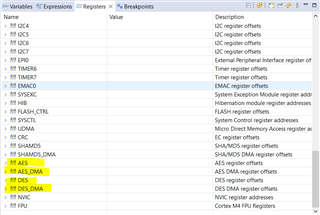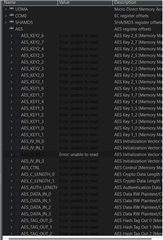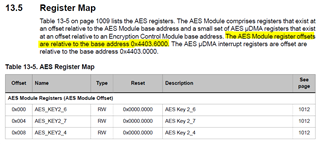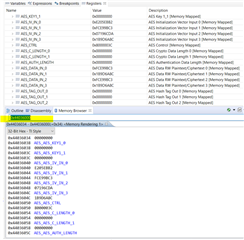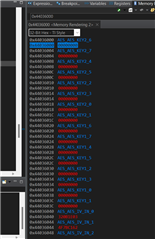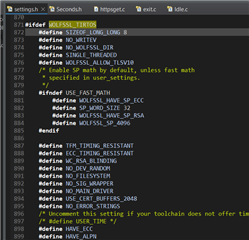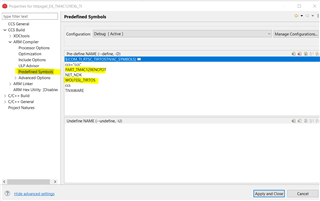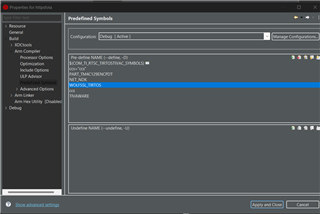Part Number: TM4C129EKCPDT
Hi,
I would like to follow up on the E2E thread https://e2e.ti.com/support/microcontrollers/arm-based-microcontrollers-group/arm-based-microcontrollers/f/arm-based-microcontrollers-forum/1236786/tm4c129ekcpdt-https-post-giving-a-error-400 , which was initiated by one of my colleagues.
Currently, I am encountering an error (-103) when I use hardware encryption, while software encryption is executing successfully. I am attempting to post to webhook.site:443. Please assist me in resolving this issue.



